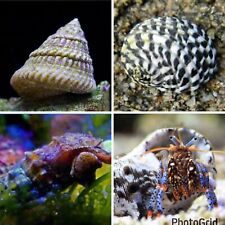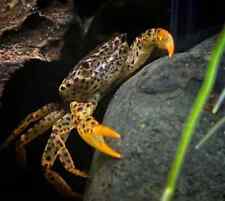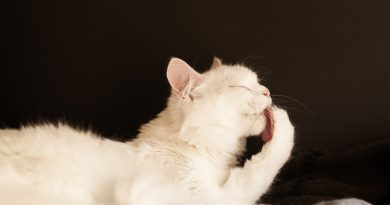How Smart Is Your Cat?

"Cats certainly can think," says Dr. John Wright, a certified animal behaviorist and psychology professor at Mercer University. Not only that, he says, "most cats are extremely capable problem solvers. Cats know how to size up a situation and then act on the information received."
Your cat may figure out all on her own to open the closet door so she can retrieve her favorite toy, or unlatch the lock to the bird cage to get at your pet canary. She can figure out whether it is safe to pass through the living room if the family dog is visible at the doorway – and determine the ideal route and running speed necessary to reach her "safety spot."
Cats learn these things by observation and imitation, and by trial and error. For example, young kittens learn hunting techniques by watching their mothers, and by practicing the moves for themselves. It may take several attempts and a few mistakes along the way before a kitten knows just the right speed, height and angle he should leap and pounce before he is successful at catching a bird.
So how smart is a cat? At present, no tests are available that accurately measure feline intelligence or compare the thinking ability of cats to other species. In fact, many animal behaviorists argue that intelligence tests are meaningless because the standards by which human beings evaluate intelligence often do not apply to animals. "People equate intelligence with the ability to understand sophisticated, abstract concepts – such as mathematical equations. But it’s not fair to say the cat is stupid because he doesn’t understand these things," says Dr. Barbara Simpson, a board certified veterinary behaviorist with the Veterinary Behavior Clinic in Southern Pines, North Carolina.
What is reasonable is to look at the practical intelligence of cats, meaning how well they are able to adapt to different situations, find solutions for getting around obstacles, and store experiences in memory. "A cat is intelligent in the sense that he is able to adapt solutions as conditions warrant, whether living with human beings in a domestic situation or living alone on the city streets," Simpson says.
Granted, a cat can’t read or write. Yet there’s a lot cats can do that humans can’t. "Cats have special abilities which distinguish them from other species and make them supremely adaptive to being the predators that they are: their acute hearing, their sensitivity to olfactory signals, their sensitive vision, their ability to detect motion and to identify prey and be successful as predators," Simpson says.
"A cat is smart at being a cat," Wright adds. "If we look at the cat’s ability to solve problems that aid in their survival and look at the human’s abilities to solve problems that lead to their survival, we find that people are good at doing what they do, and cats are good at doing what they do."
Chances are, your cat is a lot smarter than you give him credit for. Most house cats are intelligent enough to identify a species – human beings – who will give them food and treats, comb and pet them, bring home toys, and pamper them. Think about what your cat may have taught you. Many a cat has trained his owner to wake up at the crack of dawn, get out of bed, go into the kitchen, and open up a can of cat food. When you think about it, that’s pretty smart.













